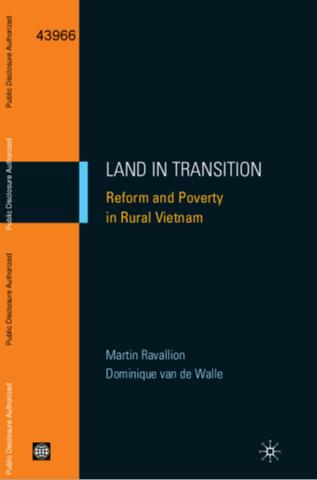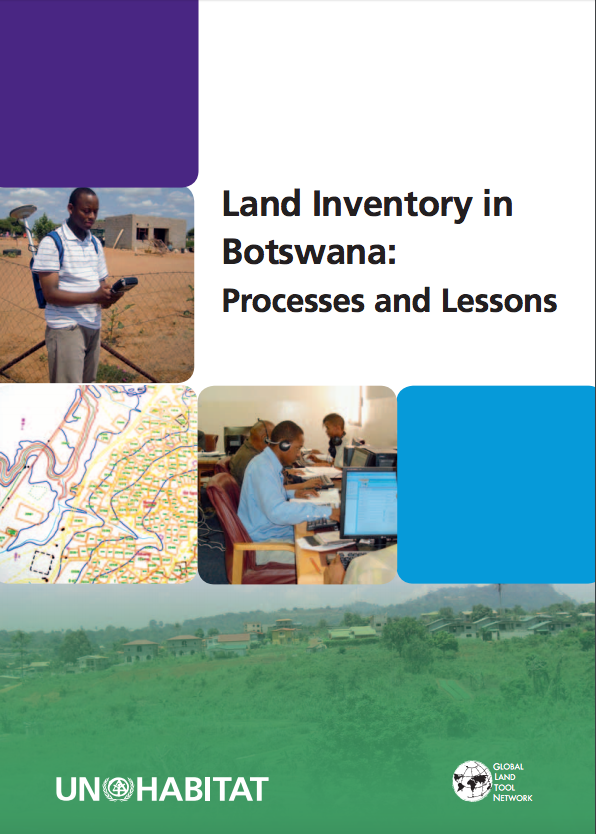Land Fragmentation, Cropland
Abandonment, and Land Market Operation in Albania
Albania's radical farmland
distribution is credited with averting an economic crisis
and social unrest during the transition. But many believe it
led to a holding structure too fragmented to be efficient,
and that public efforts to consolidate plots are needed to
lay the foundation for greater rural productivity. This
paper uses farm-level data from the 2005 Albania Living
Standards Measurement Survey to explore this quantitatively.




